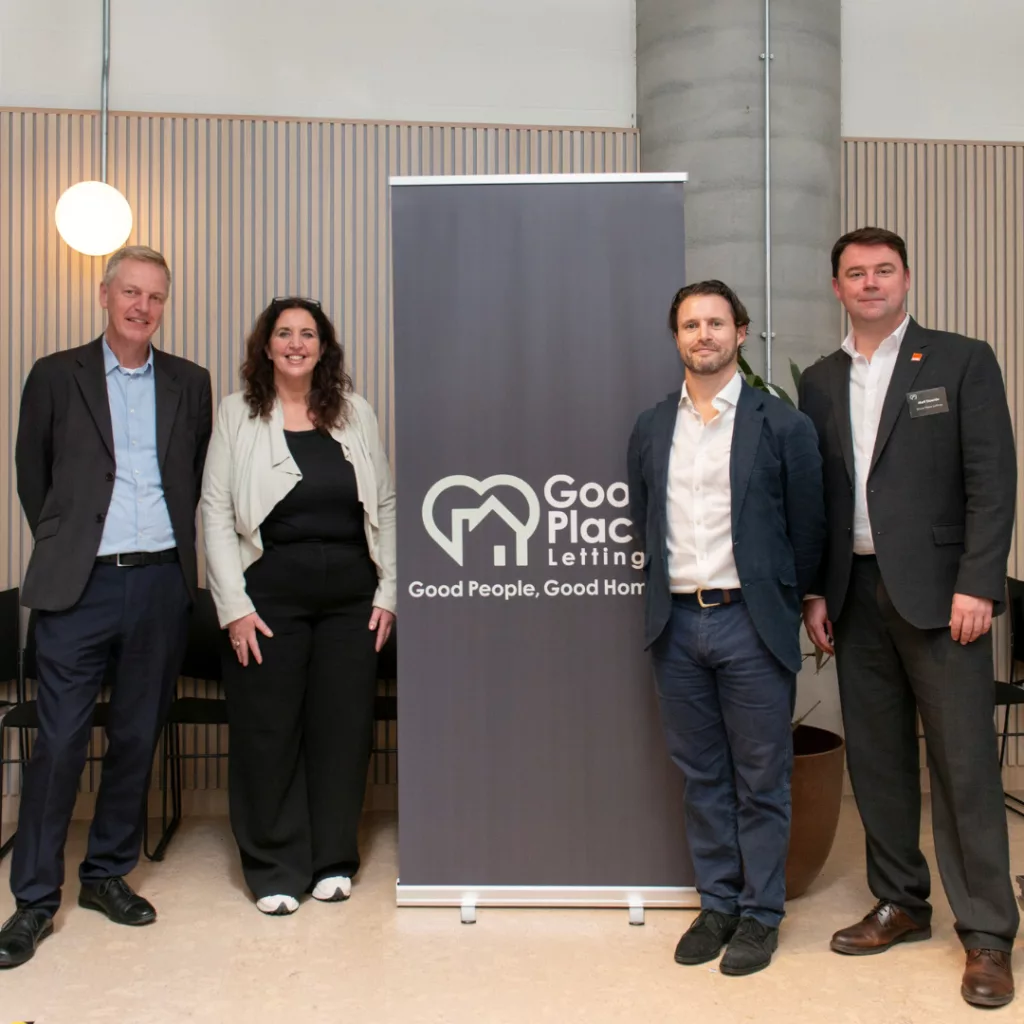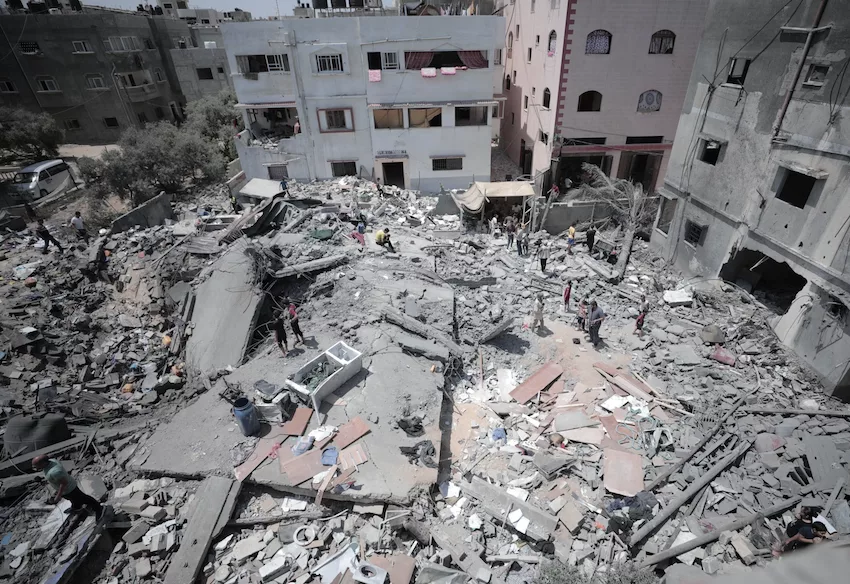A new report analysing the self-recovery process following super-Typhoon Haiyan, which struck the Philippines in 2013, has been published today by Care International and World Habitat.
The report – Soaring High: Self-recovery through the eyes of local actors – reflects on the recovery response to Super-Typhoon Haiyan – the strongest typhoon ever to make landfall. It displaced more than four million people and destroyed or damaged over one million homes.
After Haiyan, CARE Philippines and their network of local partner organisations responded with extensive shelter and livelihoods programmes, based on supporting self-recovery. They reached almost 16,000 families in geographically isolated and disadvantaged areas. They discovered that local people were the first to respond and the most important partners in their own recovery – the process now known as ‘self-recovery’.
Self-recovery happens in most poor, disaster-prone countries. By supporting this vital process, the report illustrates how humanitarian agencies like Care Philippines can be a powerful force for recovery, in a way that respects survivors’ choices and priorities.
In 2017, CARE Philippines won a World Habitat Award – presented in partnership with UN-Habitat – for their self-recovery approach. Earlier this year World Habitat commissioned a Peer Exchange event to share and assess, discuss and exchange the process of self-recovery. This report – Soaring High: Self-recovery through the eyes of local actors – is an account of this Exchange.
The key themes of self-recovery highlighted in Soaring High: Self-recovery through the eyes of local actors include:
- survivors of disasters are never passive and self-recovery is an inevitable process;
- local context is paramount and no two disasters are ever the same – understanding the unique context to each is essential;
- supporting self-recovery can be achieved directly through provision of materials, cash and technical assistance – or indirectly through the lifting of barriers, such as access to markets, infrastructure improvements, and legal support for land tenure;
- the role of the humanitarian organisations shifts from provider of a product to provider of appropriate information that prioritises local people and allows them to make their own informed choices about the recovery process;
- gender, resources mobilisation, community organisation and partnerships are all key areas for consideration; and
- strong community organisation and effective disaster risk-reduction strategies are essential to support self-recovery, as prepared communities recover faster and experience fewer losses.
David Ireland, CEO of World Habitat said:
“When we visited Tacloban in 2017, we were struck by the resilience and strength of the people we met. In just a few years after the typhoon, it was inspiring to see how communities had recovered so quickly, despite the challenges and hardship they faced.
“With the help of CARE and local partner organisations, communities showed resourcefulness and remarkable levels of collaboration to rebuild their homes and communities more quickly and more effectively than would have been possible with traditional disaster-relief approaches.
“World Habitat believes that self-recovery is an approach that could reach a much greater scale and be used across the globe. For this reason, we were delighted to deliver this Peer Exchange Workshop, bringing together expertise from local partner agencies from across the Philippines, so that their solutions may be transferred to other communities across the world.”
David Gazashvili, CEO of Care Philippines, said:
“CARE believes that the self-recovery process is primarily steered by the community themselves. So, it’s important to focus on their empowerment and how relevant stakeholders can be mobilised to take action. CARE’s extensive work with our local partners helps us address the needs of disaster-affected populations and their experience and expertise in their areas are invaluable in building relationships with the affected communities.”
Care International have recently been awarded a £0.6m research grant to work with a range of different partners across the world over the next 18 months to further strengthen the gap between theory and practice around self-recovery.
Bill Flinn, Care International Shelter Advisor said:
“It can’t be understated how the impact of the World Habitat Awards has helped push on the work of CARE and helped us achieve future funding for developing the understanding of self-recovery in a global context.”
Soaring High: Self-Recovery through the eyes of local actors is available to download
Through the eyes of local actors. How self-recovery was supported after Typhoon Haiyan in the Philippines: A briefing note for a non-technical audience, as an introductory companion to the World Habitat Peer Exchange report is available for download




